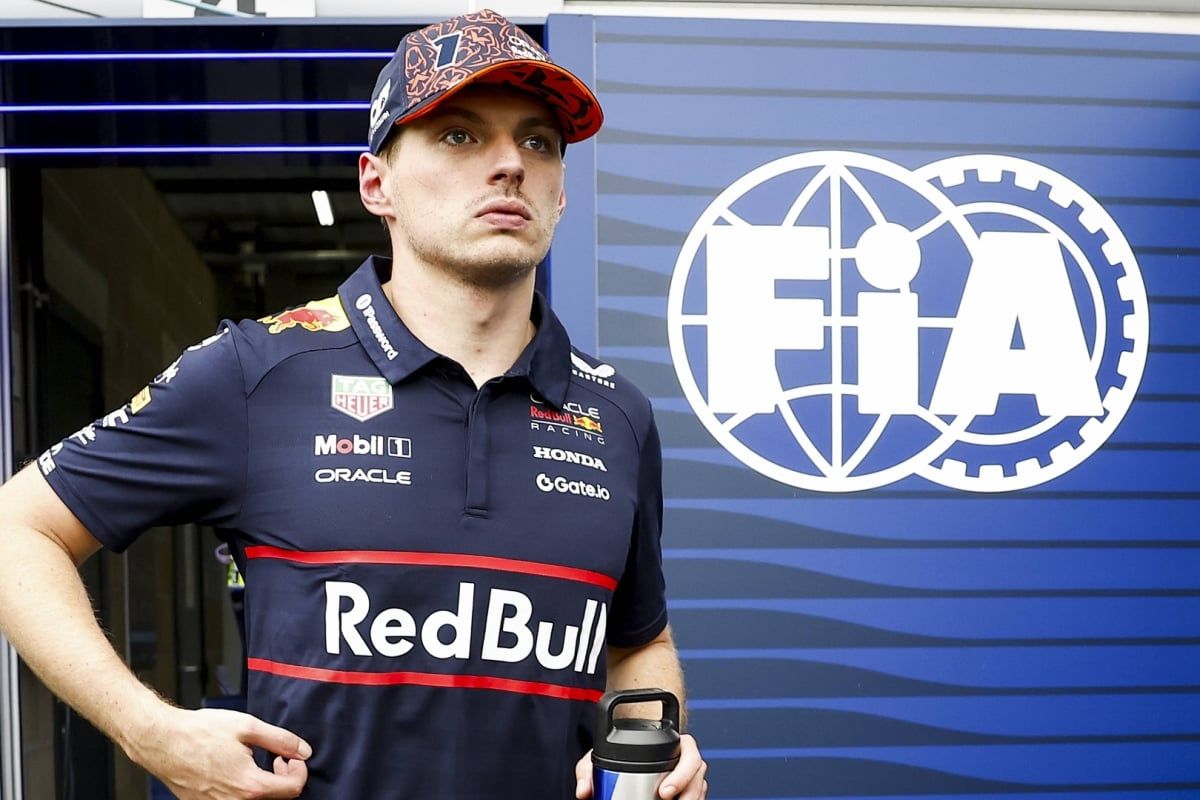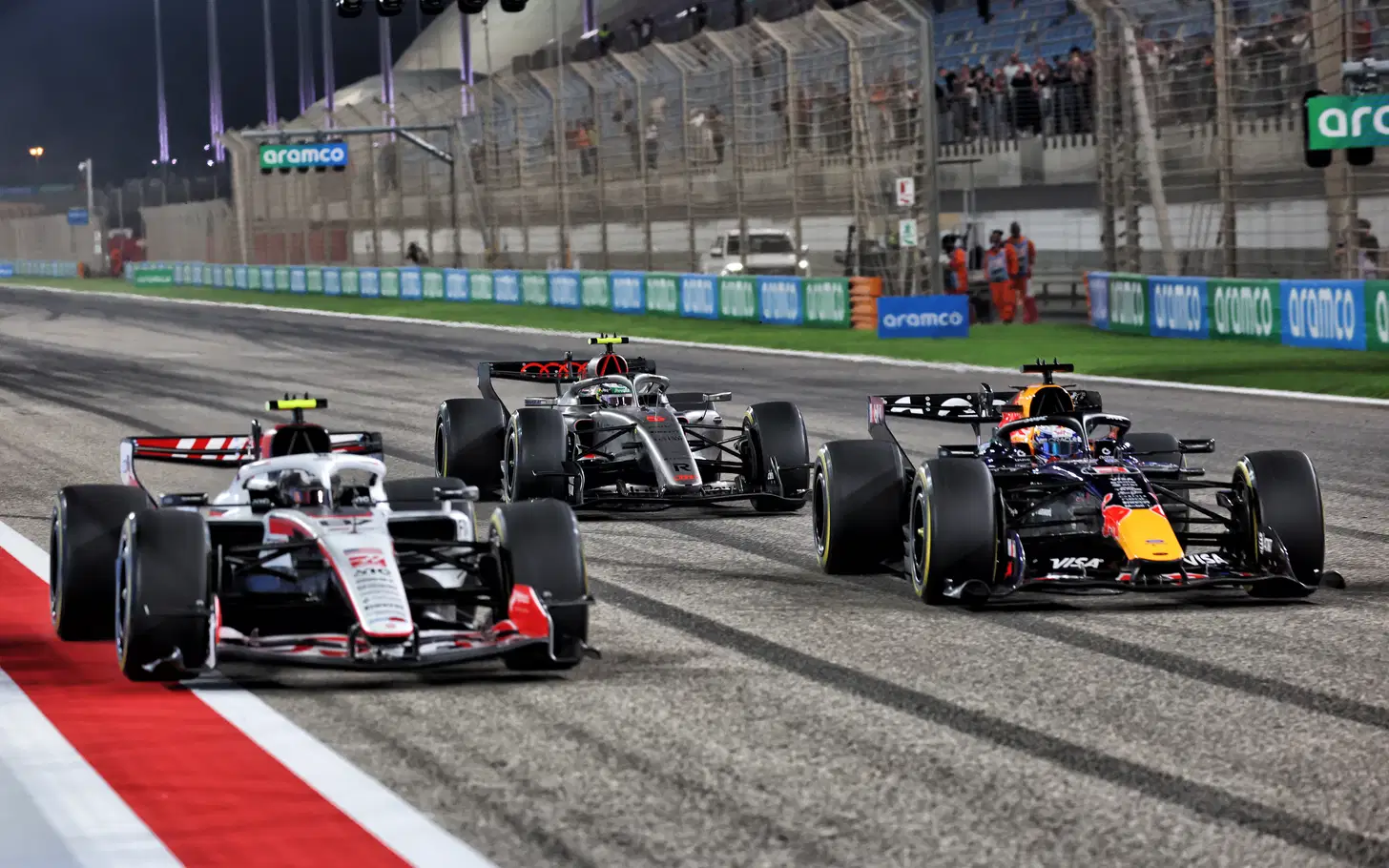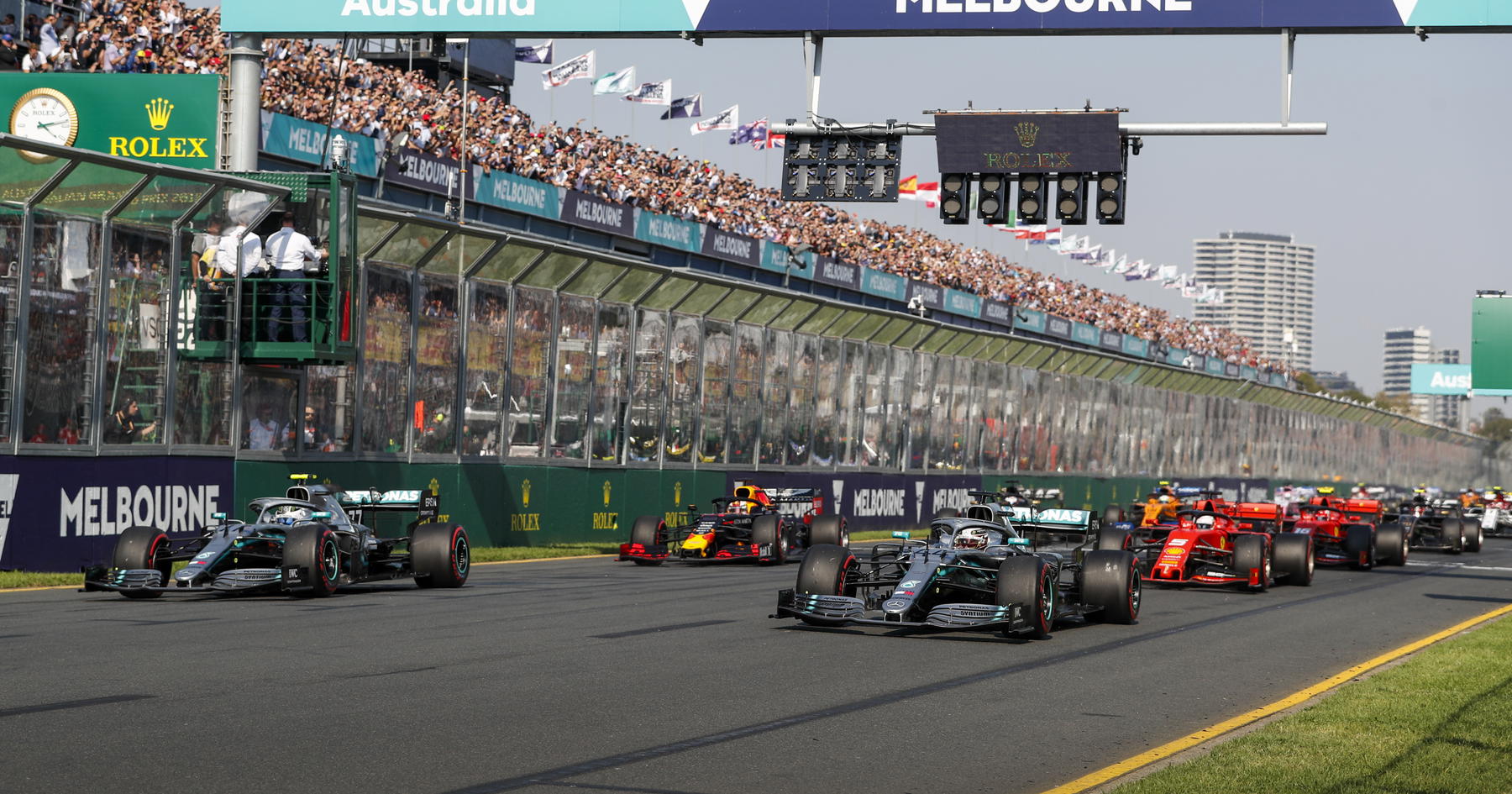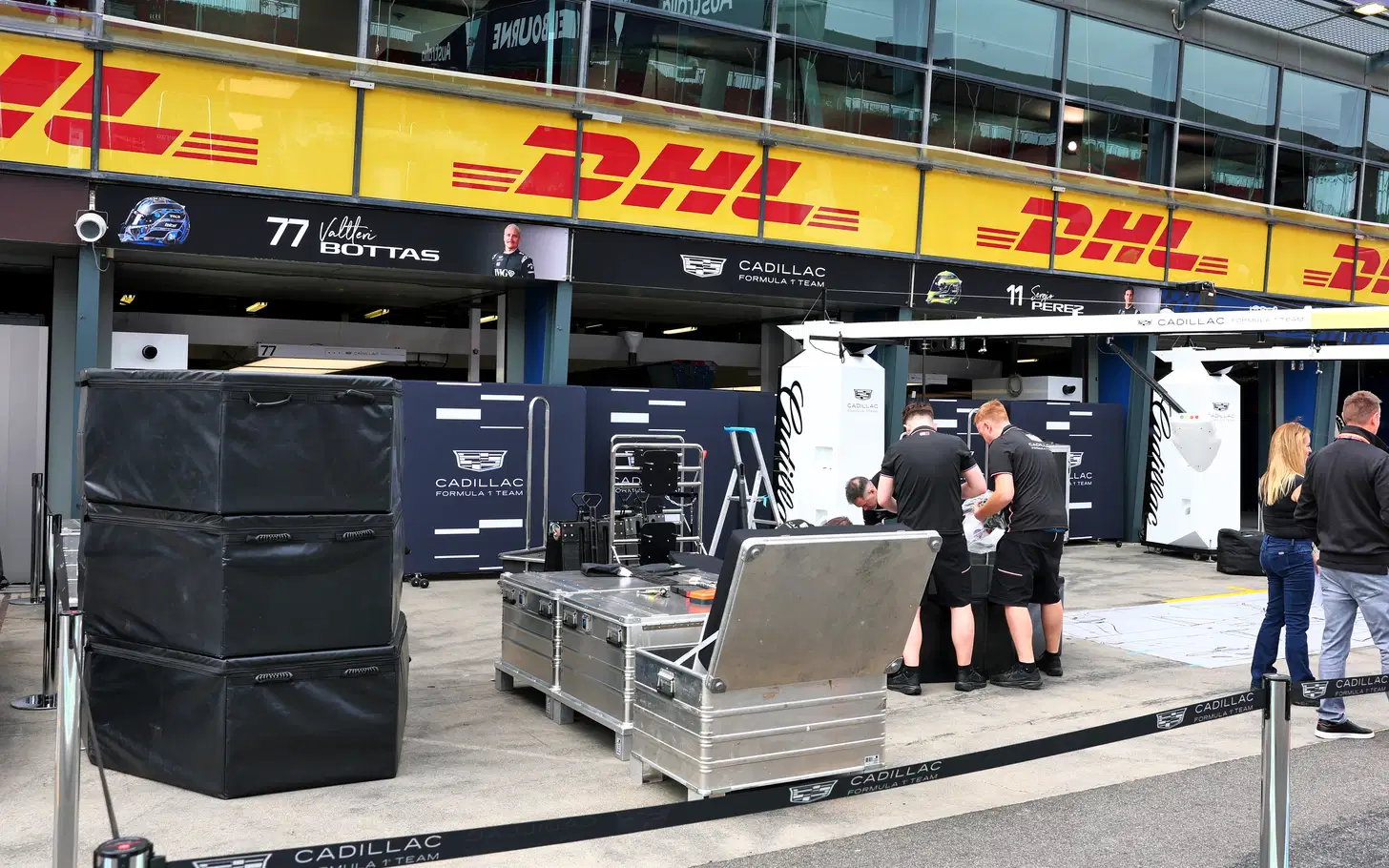FIA Addresses McLaren’s Challenge Over Verstappen Engine Swap After Brazilian GP – Clarity, Controversy, and Cost Cap Questions
The FIA has moved to clarify its position after McLaren formally questioned the legality and financial implications of Max Verstappen’s power unit change at the 2025 Brazilian Grand Prix. The incident, which exploded into the spotlight after Red Bull replaced Verstappen’s engine following a disastrous qualifying session, has now evolved into a debate about transparency, cost-cap governance, and fairness across the grid.
Verstappen, who qualified 16th after a rough Q1, was fitted with a fresh power unit prior to the race. Red Bull confirmed the change was not due to a reliability failure but an “opportunity to take advantage of the situation,” prompting suspicions that the team had gained a performance edge heading into the final stretch of the championship.
McLaren team principal Andrea Stella publicly challenged the move, arguing that FIA rules require financial accountability for power unit usage. According to Stella, any engine change primarily for performance — rather than reliability — must be counted within the team’s cost cap allocation, which currently stands at $135 million. He stressed that the sport cannot afford loopholes that allow wealthier teams to leverage engine inventory for competitive gain.
“The regulations are clear — if you fit a new engine for performance reasons, it needs to go into the cost cap,” Stella said earlier this week. “Otherwise, the entire financial system becomes pointless.”
In response, the FIA’s Cost Cap Administration has confirmed that engine manufacturing and usage are already governed under Power Unit Financial Regulations, and any additional units beyond the allocated pool should indeed be included within the cap. The FIA also reminded teams that all financial data is subject to auditing — including mid-season engine changes. However, no official investigation or disciplinary action has been announced against Red Bull.
Sources indicate that the issue was raised informally during recent F1 Commission discussions, but no formal complaint was lodged and no rule change was triggered. The FIA is understood to be treating McLaren’s submission as a request for clarity rather than a protest.
Red Bull has remained defiant, stating they have acted within the rules and are confident the swap complies with FIA protocols. Team boss Laurent Mekies admitted the change wasn’t strictly necessary to complete the season, but insisted it was permissible under current sporting and financial regulations.
While the FIA’s clarification appears to support existing rule enforcement, the debate has sparked fresh calls for greater transparency in cost cap calculations — especially around engine use. With a new regulatory era ahead, this case may set an important precedent for how teams manage power unit strategy under financial scrutiny.
For now, the FIA has spoken — but McLaren may not be done pushing for answers.




